We need smart policymaking, not smart blame games in the energy sector
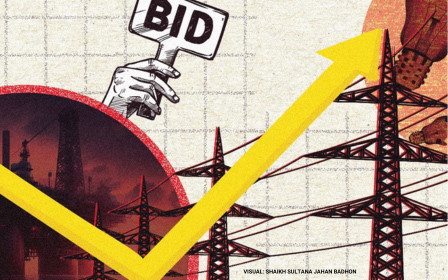
Smart politicians often project an image of strength and competence. When something goes wrong, they blame either fate or external shocks, especially in the energy sector. The capacity to shift blame onto factors seemingly beyond their control is viewed by these politicians as a display of smartness. The government’s justification behind increasing electricity prices is an example of this “smart blaming.”
LNG power plant capacity charge to cripple economy

Bangladesh’s economic crisis is set to take on a new dimension this year with the country introducing its first-ever power plants that will exclusively operate on imported liquefied natural gas. In the past year, Bangladesh generated half of its electricity from gas supplied through the gridline, in which imported LNG was mixed with local gas, which accounted for three-fourths of the supplied gas.
Country’s first commercial wind power plant starts production
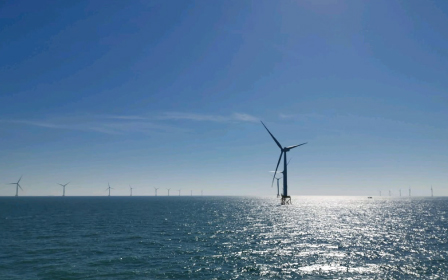
Bangladesh has achieved a new milestone in its renewable energy ambition, with the country’s first commercial wind power plant going into full production this month. The wind power plant in Cox’s Bazar, boasting a capacity of 60 megawatts, started full-scale operation on 8 March and has been running smoothly ever since, according to Nirod Chandra Mondal, joint secretary (renewable energy) at the Power Division.
Japan chooses Bangladesh, others to get rid of surplus LNG: report

Japan’s largest liquefied natural gas buyers have surplus problems, prompting them to expand business to South and Southeast Asian countries, including Bangladesh, according to a report released by the United States-based Institute for Energy Economics and Financial Analysis. The report also revealed that demand for LNG in Japan was falling for several reasons, but Japan’s LNG buyers still increased their purchases aimed at becoming a major LNG player.
Gas import deals despite dollar crisis
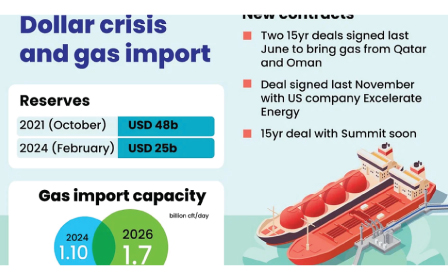
Despite the prevailing dollar crisis in the country, the government has taken initiative for more deals to import liquefied natural gas (LNG). Three deals were signed in June and November last year. Another one is likely to be signed soon. Under the four deals, from June 2026 the supply of imported LNG is to be 1.7 billon cft of gas per day. The present capacity is 1.1 billion cft. However, the highest amount of gas supplied so far has been less than 900 million cft.
Japan’s hydrogen ambitions may do more harm than good
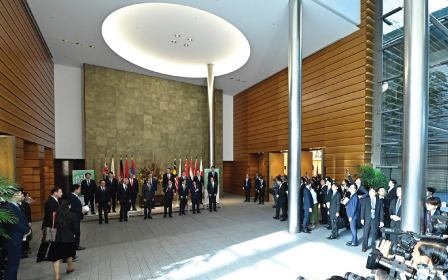
Japan’s efforts to achieve a carbon-neutral hydrogen society may increase emissions due to its fossil fuel-dependent supply chains. To reduce this impact, Japan should focus on low-carbon hydrogen in critical sectors like chemical production, marine, aviation fuels and heavy industry. Tightening the definition of low-carbon hydrogen, backed by government subsidies and import requirements, is also essential to ensure private sector compliance.
Huge dues in power-energy sector due to dollar, taka crisis
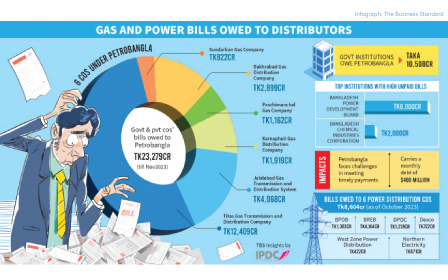
The power and energy sector has been struggling with a huge debt load. It is failing to settle the electricity bills with the private power plants on one hand while it is being compelled to keep up with the dues of foreign companies due to the ongoing dollar crisis on the other hand. According to the concerned organisations, the Power Development Board (PDB) owes Tk 250 billion to the private power plants which are in production.
Concerns about the U.S. LNG pause in Asia are overblown

The United States (U.S.) decision to pause permits for new liquefied natural gas (LNG) export facilities does not threaten Asia’s energy security or decarbonization goals. The permitting pause does not affect U.S. projects already under construction, which will nearly double U.S. LNG export capacity. The world is on pace for record increases in global LNG supply this decade, indicating there will be plenty of LNG to go around.
Rooftop solar can be central to Bangladesh’s new energy order

Bangladesh’s persisting energy sector challenges of more than one and a half years raise policy concerns and the need to spearhead a new energy order. The new order must focus on increasing renewable energy contribution and reducing demand through energy efficiency to make the country’s energy model more resilient and sustainable. The need for a new energy order is essential in light of the heavy financial losses of the Bangladesh Power Development Board (BPDB) in the fiscal year (FY) 2022-23.
Solar Surge Sparks Employment Revolution
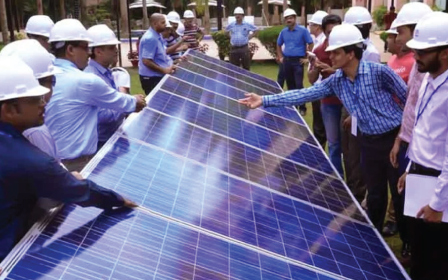
Renewable energy in Bangladesh is experiencing a significant upswing, driven by the increasing affordability of solar power. This shift is expected to generate 3,000 to 4,000 new green jobs in the coming years. In 2023, a record 42 megawatts of new capacity from rooftop solar projects were added, complemented by large-scale ground-mounted solar projects totaling over 3,000 MW. Experts foresee a boost in the renewable energy sector as solar power becomes more cost-effective compared to fossil fuels. The rise in solar installations is attributed to new local and foreign investors entering the market.
